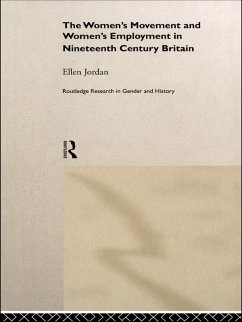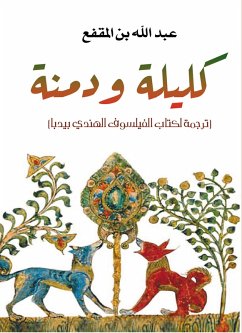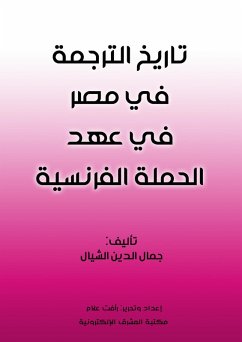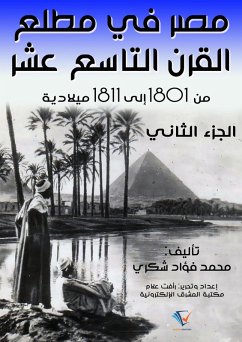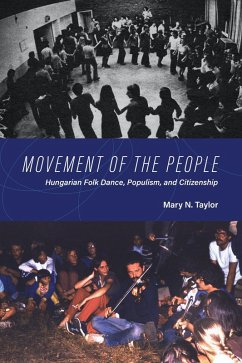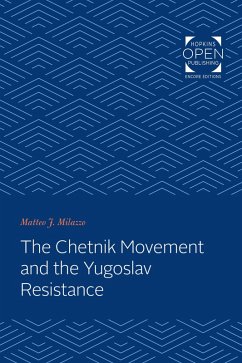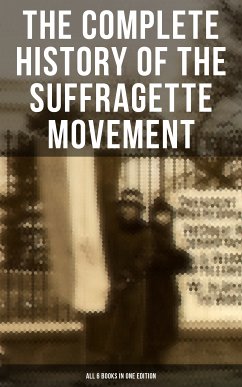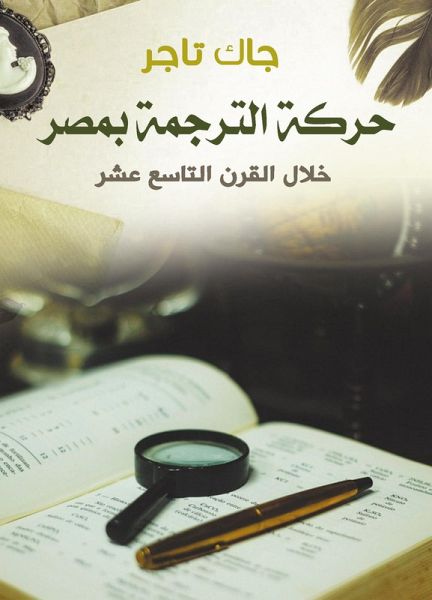
The translation movement in Egypt during the nineteenth century (eBook, ePUB)

PAYBACK Punkte
0 °P sammeln!
The translation movement in Egypt during the days of the Mamluks did not have any significant impact, and at the forefront of the reasons that made it so at that time were two things: the first: the shift of foreign trade affairs between Egypt and abroad via the Suez and the Red Sea to the Cape of Good Hope route. the second: the chaos that prevailed in the Egyptian lands. At that time, it was even abandoned by men of science and art, both Eastern and European. With this abandonment, the intellectual ties between the East and the West were severed, and the translation movement cooled off with ...
The translation movement in Egypt during the days of the Mamluks did not have any significant impact, and at the forefront of the reasons that made it so at that time were two things: the first: the shift of foreign trade affairs between Egypt and abroad via the Suez and the Red Sea to the Cape of Good Hope route. the second: the chaos that prevailed in the Egyptian lands. At that time, it was even abandoned by men of science and art, both Eastern and European. With this abandonment, the intellectual ties between the East and the West were severed, and the translation movement cooled off with a clear effect. It is true that there were European communities living in Cairo, Alexandria, and other Egyptian cities, but they were few in number, and their members were merchants who came to Egypt only to invest in their trade, so their influence in translation was limited to their own commercial interests, and whenever they had a problem in their trade, they intervened in it. Their consuls were between them and the Mamluk "bakwas," so they decided to sort them out, each with his own translator. This book is exposed to the general translation movement that did not appear in Egypt except during the era of the occupation. French during the nineteenth century.
Dieser Download kann aus rechtlichen Gründen nur mit Rechnungsadresse in A, B, BG, CY, CZ, D, DK, EW, E, FIN, F, GR, H, IRL, I, LT, L, LR, M, NL, PL, P, R, S, SLO, SK ausgeliefert werden.





